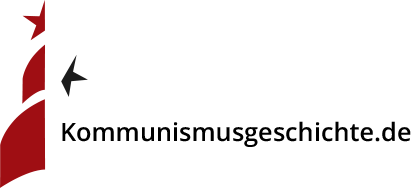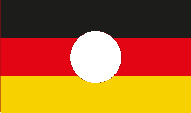
Visegrad Scholarship at the Open Society Archives
Lessons of the Cold War?
In the context of the current invasion of Ukraine and the ongoing tragic war, many analysts have claimed that we face the real end of (or the confirmation) of the Cold War and its dichotomies. What we witness would be the outright confrontation between civic liberalism and autocracy, or the “West” and the “East”. According to Stephen Kotkin, even if post-communist societies have changed, a military-police dictatorship in some former satellite countries is still fighting a “West” seen as enemy, and this has the reverse consolidating effect on the West which re-emerged and stood up against Putin.
We invite historians, researchers, political scientists, sociologists and socially engaged artists to reflect on the lessons from/of the Cold War by taking cues from the Blinken OSA collections. The applicants are encouraged to reflect on the connections as well as on the differences between current times and the past by following some recommended sub-topics listed below.
- The importance of homegrown dissident cultures of truth telling and the related counterpropaganda in minimizing them as foreign agents.
- Histories of Soviet invasions (1956, 1968, 1979), their stakes, misunderstandings, and miscalculations.
- The political instrumentalization and hollowing of concepts, such as “fascism”, “Nazism,” and “imperialism”.
- The demonizing methods of propaganda (as not just an alternative regime of facts, but as a stigmatizing tool).
- The power of stories: revisionist and public usages of history for political ends.
- The relationship between foreign policy, strategic security, and energy relations (at global scale, too).
- Lessons from the international security crises (Berlin in 1961, Cuba in 1962, the Sino Soviet split).
- Informational asymmetries (cultures of secrecy and obscure decision-making versus cultures of openness and liberalism).
- Histories and efficacy of human rights advocacy with regards to abusive regimes.
- Post-'89 transitions and their connections to the Cold War (reproduction of secret police networks and the new oligarchies, different understandings of the role of State, the subordination of the legal system, etc.).
- Conditions for the maintenance/disruptions of autocratic regimes (the role of ideology, political patronage, corruption, etc.).
- Retroactive assessment of international responses to political and security crises: the role of appeasement, of “stability”.
- Uncovering the roots of local initiatives for autonomy and reform of politics and society in the Soviet Union, based on the extensive holdings in the Blinken OSA Archivum of Russian regional and provincial newspapers during the late perestroika period. (Work with Professor Rieber, author of Stalin as Warlord (Yale University Press, 2022)).
- Un/silencing suppressed voices: detecting instances of epistemic violence/harm and recreating narratives of people pushed at the margins of society (ethnic, religious or sexual minorities, people with disabilities) in Cold War and transitional archives.
OSA research program
The current call is part of a reflexive-research program at OSA interested in connecting past issues related to oppressive regimes, censorship, violence and information manipulation to current phenomena. We would like to assess the potential of a genealogical project linking the contemporary epistemic and political crisis of democracy to past modes of inquiry and activism.
Submission deadlines for the 2023/24 academic year
- July 25, 2023.
- November 15, 2023.

